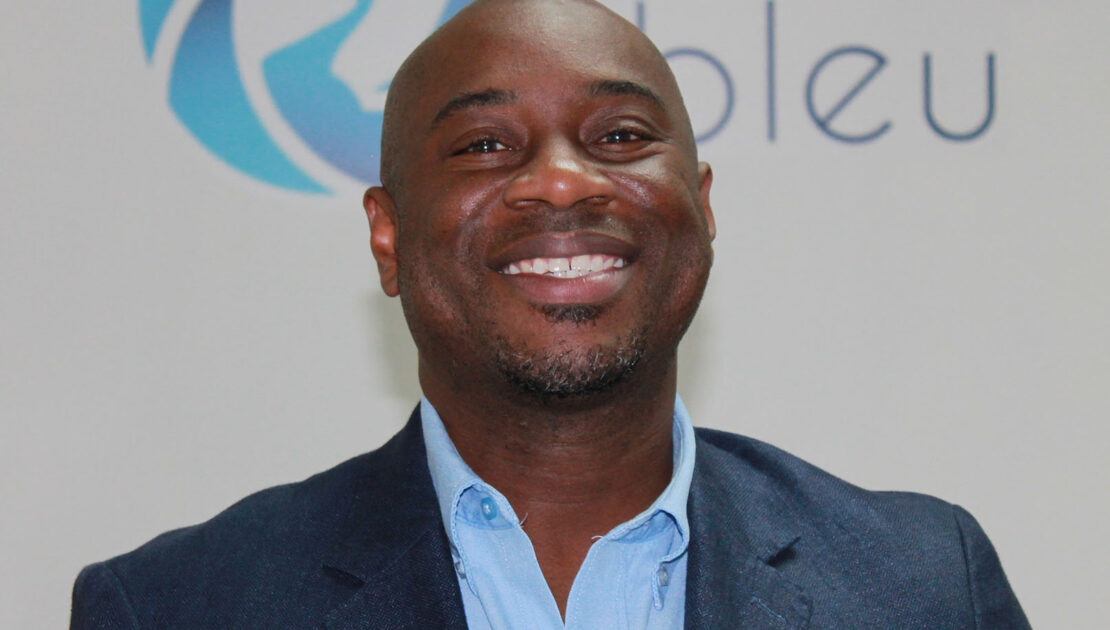Building a More Resilient Economy: Why Going Cashless Matters and How Traditional Practices Like SÒL Can Lead the Way
- June 3, 2025
- Posted by: AmCham Haiti
- Category: Members' Note

Building a More Resilient Economy: Why Going Cashless Matters and How Traditional Practices Like SÒL Can Lead the Way
As Haiti continues to face economic and social instability, the conversation around transitioning to a less cash-dependent economy has become more critical than ever. Digital financial solutions — especially those rooted in local culture like the sòl (also known as ROSCA) — offer a path toward greater resilience, inclusion, and safety for individuals, businesses, and communities alike.
The Limits of Cash in a Fragile Context
Cash still dominates everyday transactions in Haiti, particularly in rural and informal settings. But this heavy reliance on physical money exposes users to a wide range of vulnerabilities:
- Increased risk of theft, robbery, and loss, especially for merchants and households handling daily cash;
- Lack of transaction records, which limits access to credit, insurance, or financial planning tools;
- Costly and risky humanitarian aid distribution, as cash handling raises security and logistics challenges.
More recently, liquidity issues in international money transfer networks have left many Haitians unable to collect funds sent by family abroad — exposing the fragility of traditional systems during times of crisis.
Digitizing SÒL: Merging Tradition with Technology
The sòl, Haiti’s traditional group saving method, is deeply rooted in community, trust, and mutual support. Rather than replacing it, digital tools like BOUSOL are helping to modernize and scale this cultural institution.
By digitizing sòl, BOUSOL offers communities a secure and convenient way to:
- Automate contributions and payouts
- Improve transparency and group accountability
- Include diaspora members or participants in remote areas
- Strengthen financial habits without sacrificing cultural relevance
This is not about importing new systems — it’s about enhancing what people already trust.
Less Cash = Less Crime, More Trust
A cashless approach also reduces exposure to economic crimes like armed robbery, money laundering, or corruption. With digital platforms, every transaction is recorded, building trust not only between users, but also between communities, institutions, and aid providers.
A Path Toward Sustainable Development
As international partners like the World Bank and Inter-American Development Bank (IDB) invest in digital public infrastructure — such as the BOUSOL x DINEPA pilot for digital water bill payments — the shift toward digital tools becomes a practical and scalable strategy for inclusive growth.
It also provides real solutions to existing problems:
- Easing the burden of liquidity shortages in remittance networks
- Increasing transparency in aid delivery
- Supporting small business growth through digital payments
- Empowering community-driven financial systems
Conclusion
Haiti’s economic future doesn’t require starting from scratch. It requires modernizing what already works. By digitizing traditional savings systems like sòl, reducing the risks of cash handling, and investing in accessible digital platforms, the country can build an economy that is stronger, safer, and more resilient.
Resilience starts with trust. BOUSOL helps make that trust digital.


